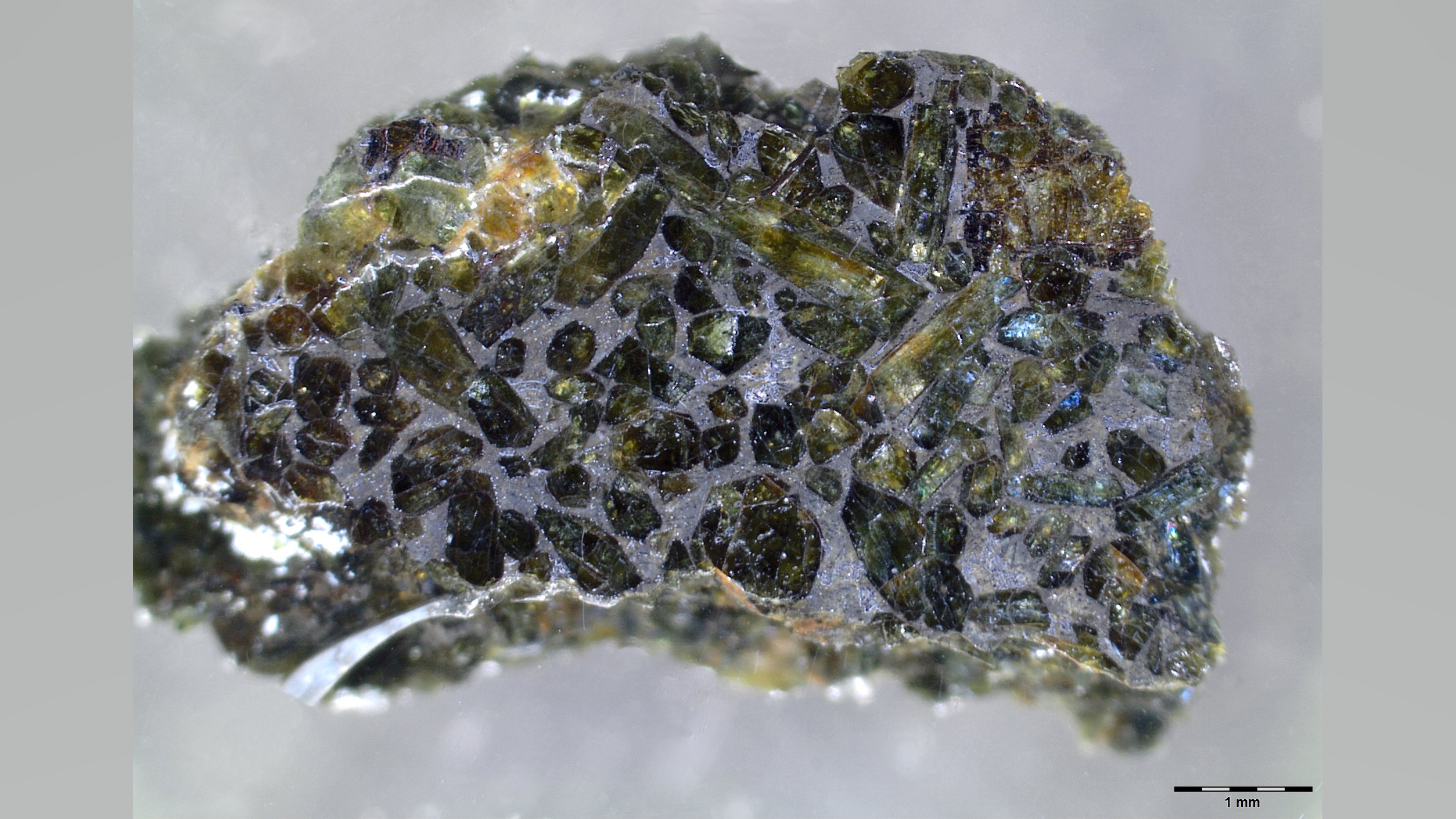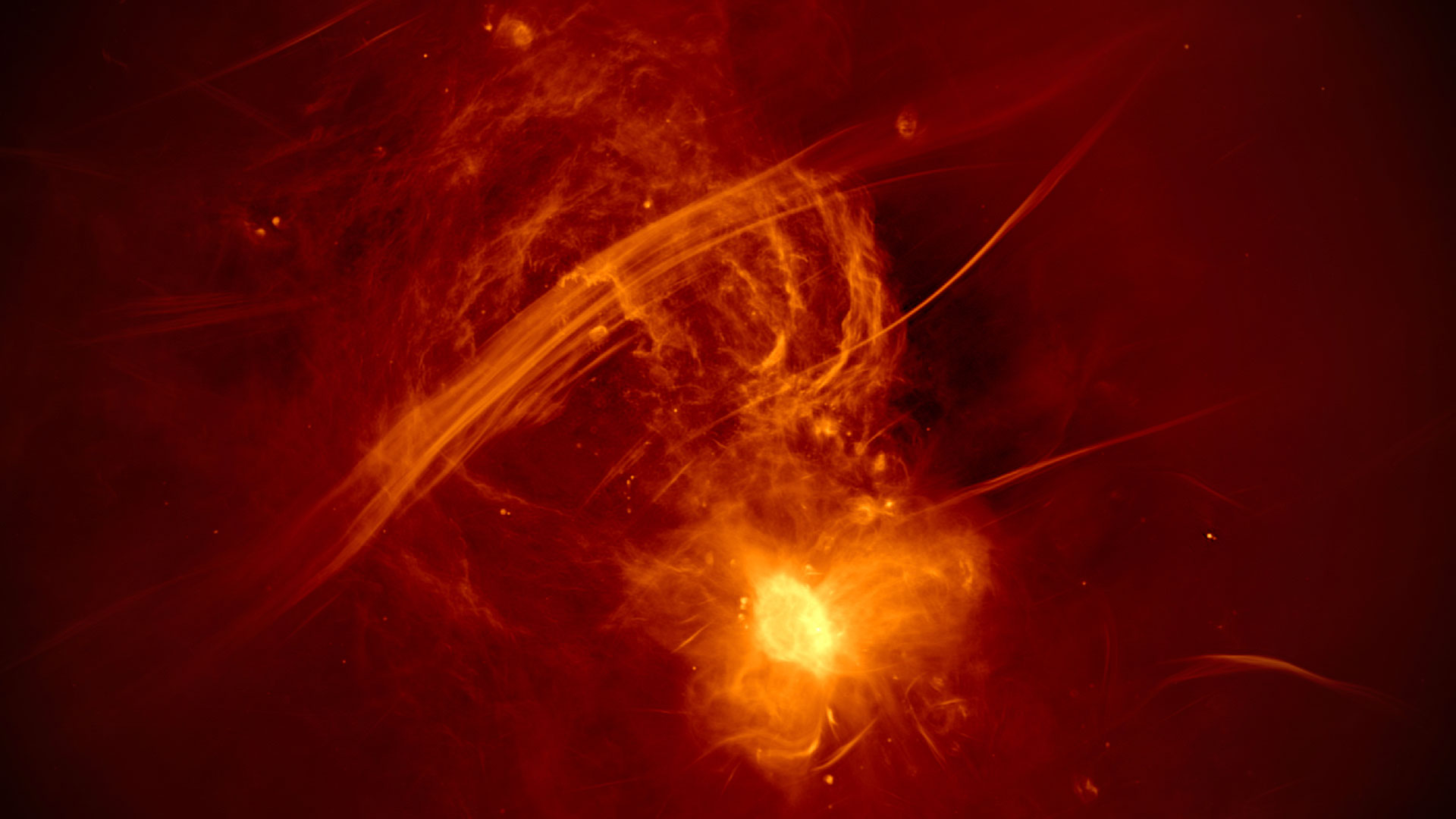
Charles Q. Choi
Charles Q. Choi is a contributing writer for Space.com and Live Science. He covers all things human origins and astronomy as well as physics, animals and general science topics. Charles has a Master of Arts degree from the University of Missouri-Columbia, School of Journalism and a Bachelor of Arts degree from the University of South Florida. Charles has visited every continent on Earth, drinking rancid yak butter tea in Lhasa, snorkeling with sea lions in the Galapagos and even climbing an iceberg in Antarctica. Visit him at http://www.sciwriter.us
Latest articles by Charles Q. Choi

Sending atomic clocks close to the sun could unlock the secrets of dark matter
By Charles Q. Choi published
Space probes that fly close to the sun may help reveal the nature of dark matter, which makes up about five-sixths of all matter in the universe but remains a mystery.
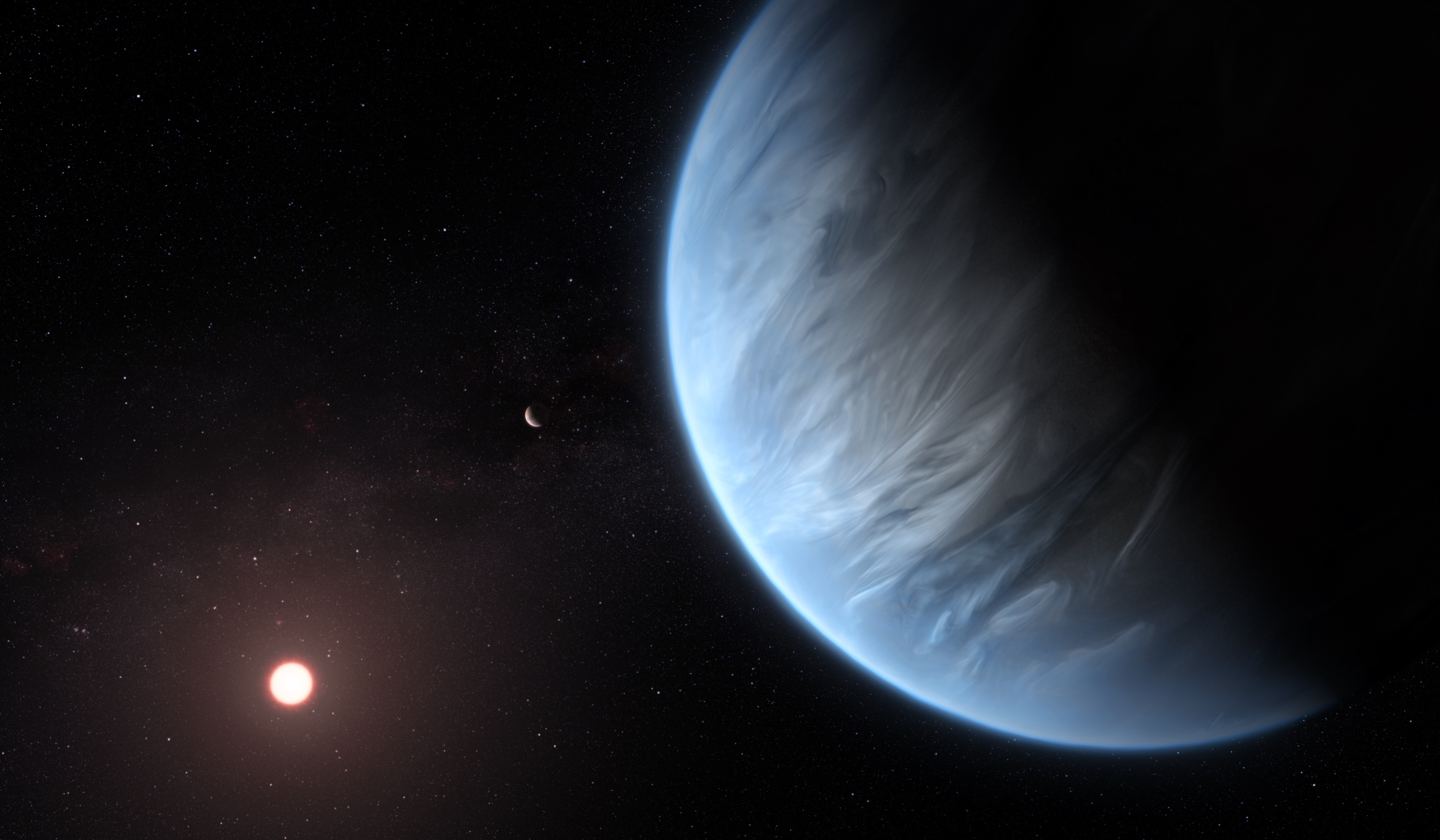
'Planet factories' may explain mysterious diversity of super-Earth alien worlds
By Charles Q. Choi published
Researchers may be able to explain the origin of these enigmatic worlds and also that of other rocky planets and moons, including Earth and its siblings.

This wild interstellar picogram probe idea could carry engineered microbes to other stars
By Charles Q. Choi published
Microbes carried by laser-propelled sails could serve as interstellar probes that can build communications stations to phone home from Alpha Centauri.
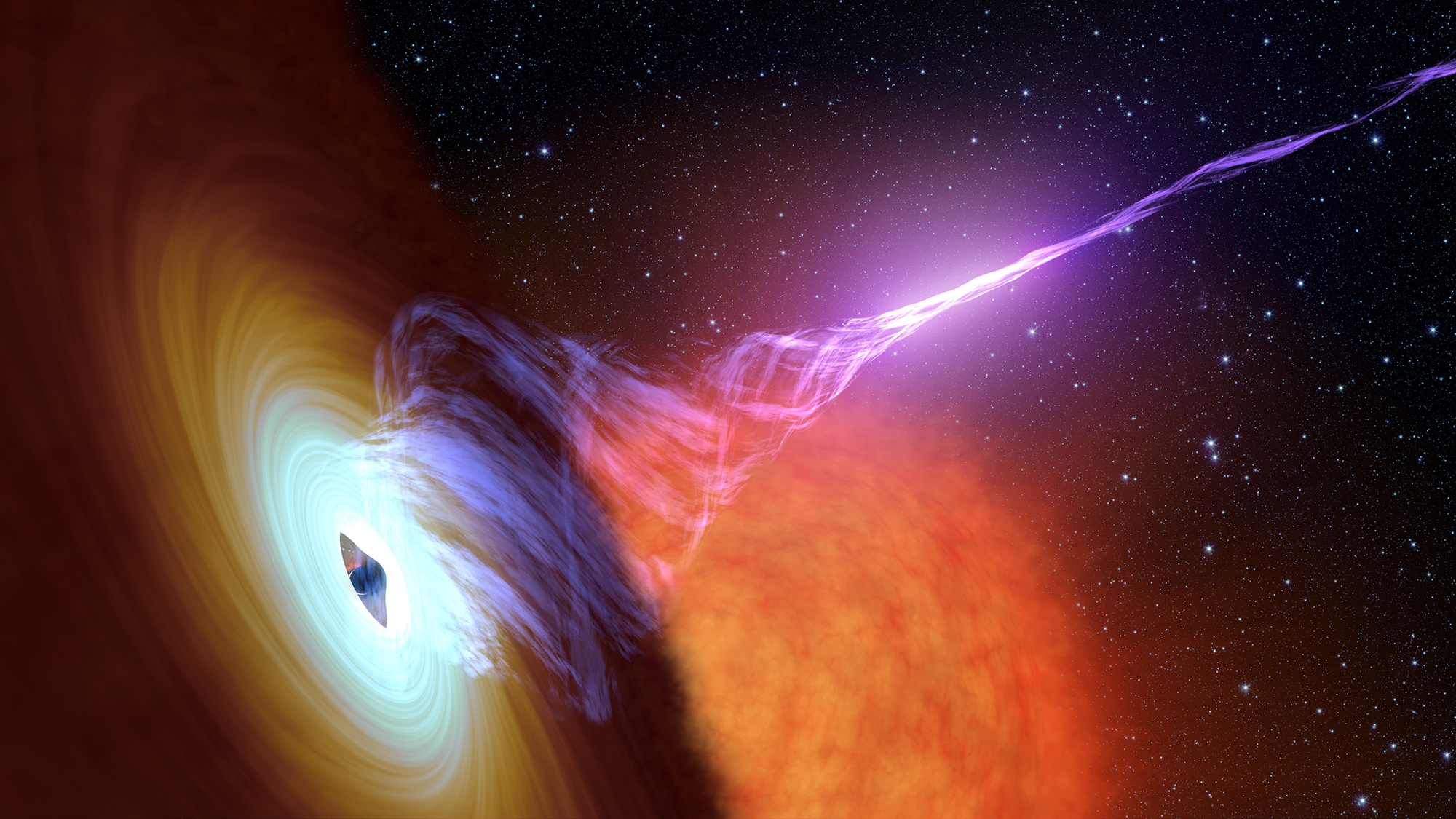
15 times black holes surprised us in 2022
By Charles Q. Choi published
Over the past year, astronomers have gleaned new insights into black holes across the universe. Here is a list of 15 times black holes surprised us in 2022.
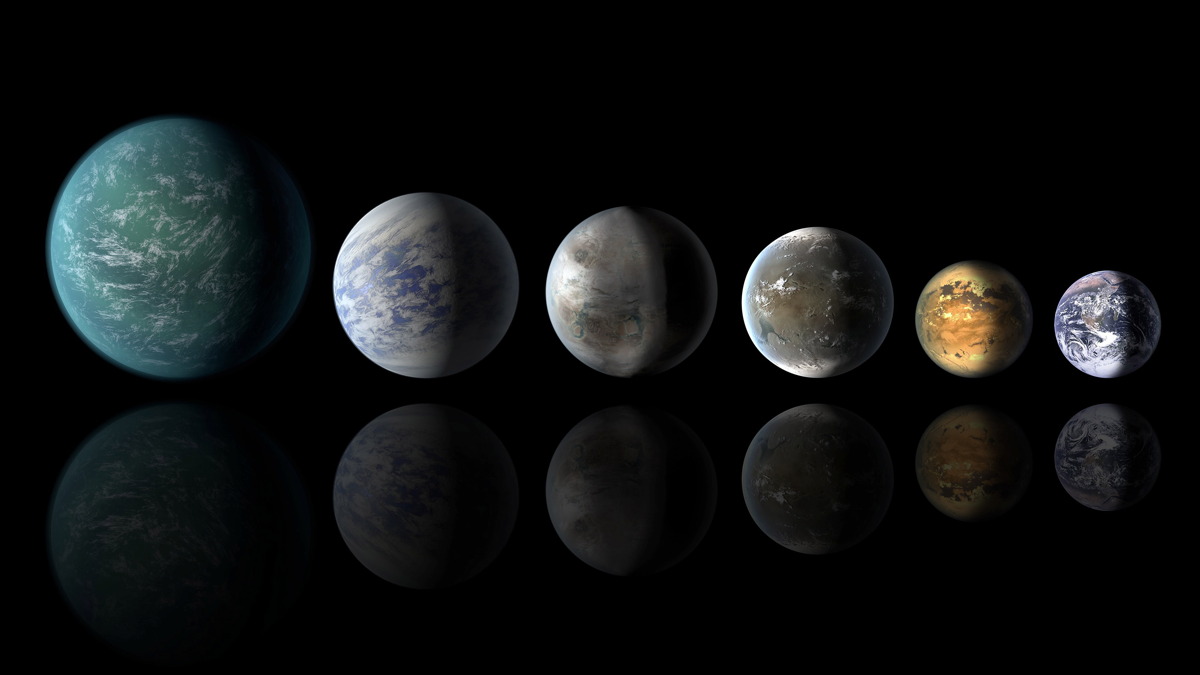
9 alien planet discoveries that were out-of-this-world in 2022
By Charles Q. Choi published
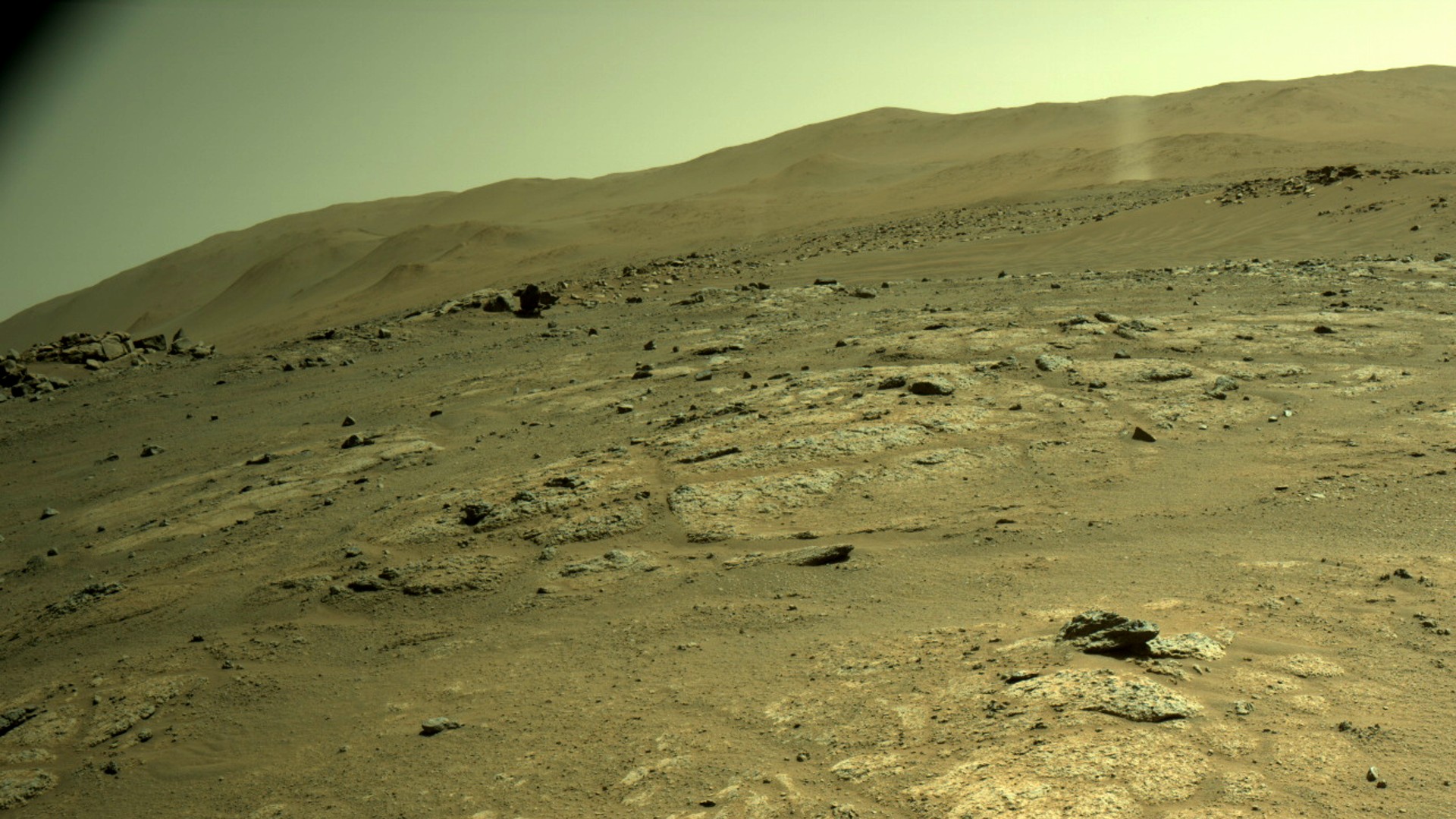
Wind farms on Mars could power future astronaut bases
By Charles Q. Choi published
Even though winds on Mars are weak, they could be sufficient to provide power for future exploration and colonization of the Red Planet, a new study finds.

Mars sports massive hidden plume of searing rock
By Charles Q. Choi published
A plume of searing hot rock as wide as the continental U.S. is rising up from near the core of Mars and might help explain recent volcanism and earthquakes seen at the Red Planet, scientists say.

Megatsunami swept over Mars after massive asteroid hit the Red Planet
By Charles Q. Choi published
A Martian megatsunami may have raced across the Red Planet after a cosmic impact similar to the one that likely ended Earth's age of dinosaurs, a new study finds.
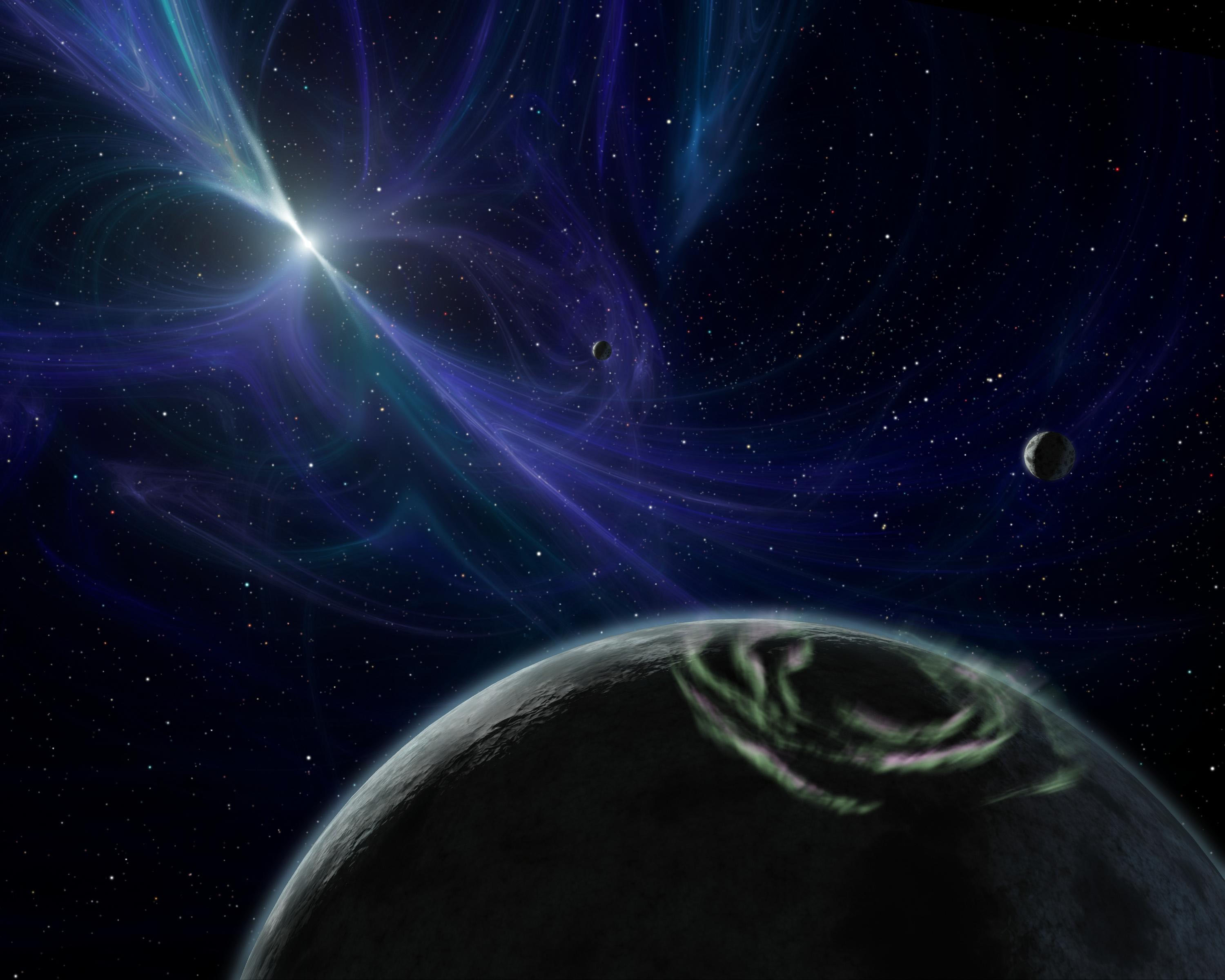
These 'Strange' Alien Planets May Be Made of Exotic Matter
By Charles Q. Choi last updated
Astronomers have identified a half dozen exoplanets that may be made of an exotic form of matter unknown on Earth.
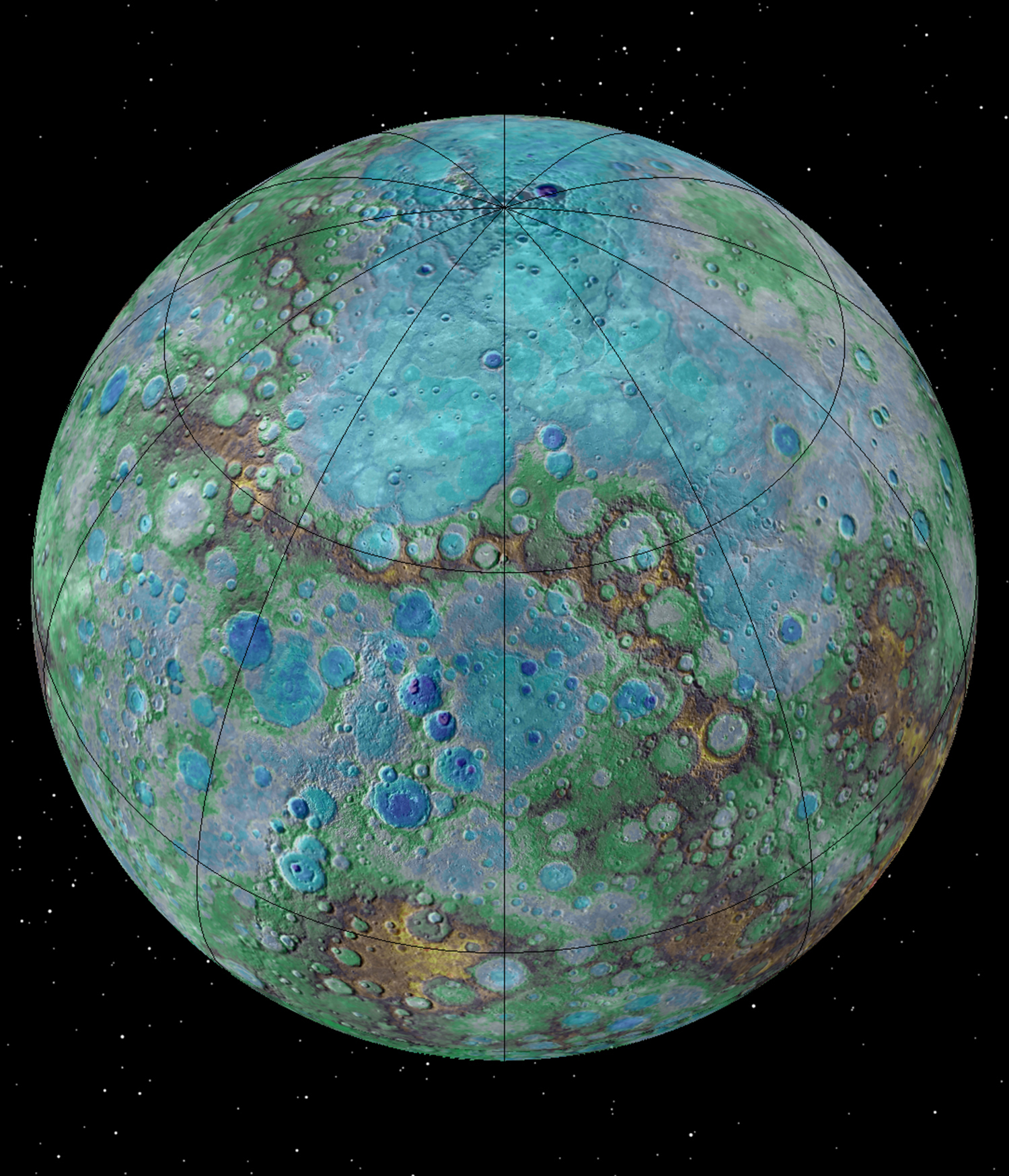
Mercuryquakes May Currently Shake Up the Tiny Planet
By Charles Q. Choi last updated
Mercury may still rumble with earthquakes, or "mercuryquakes," according to evidence found in cliffs on the planet's surface.
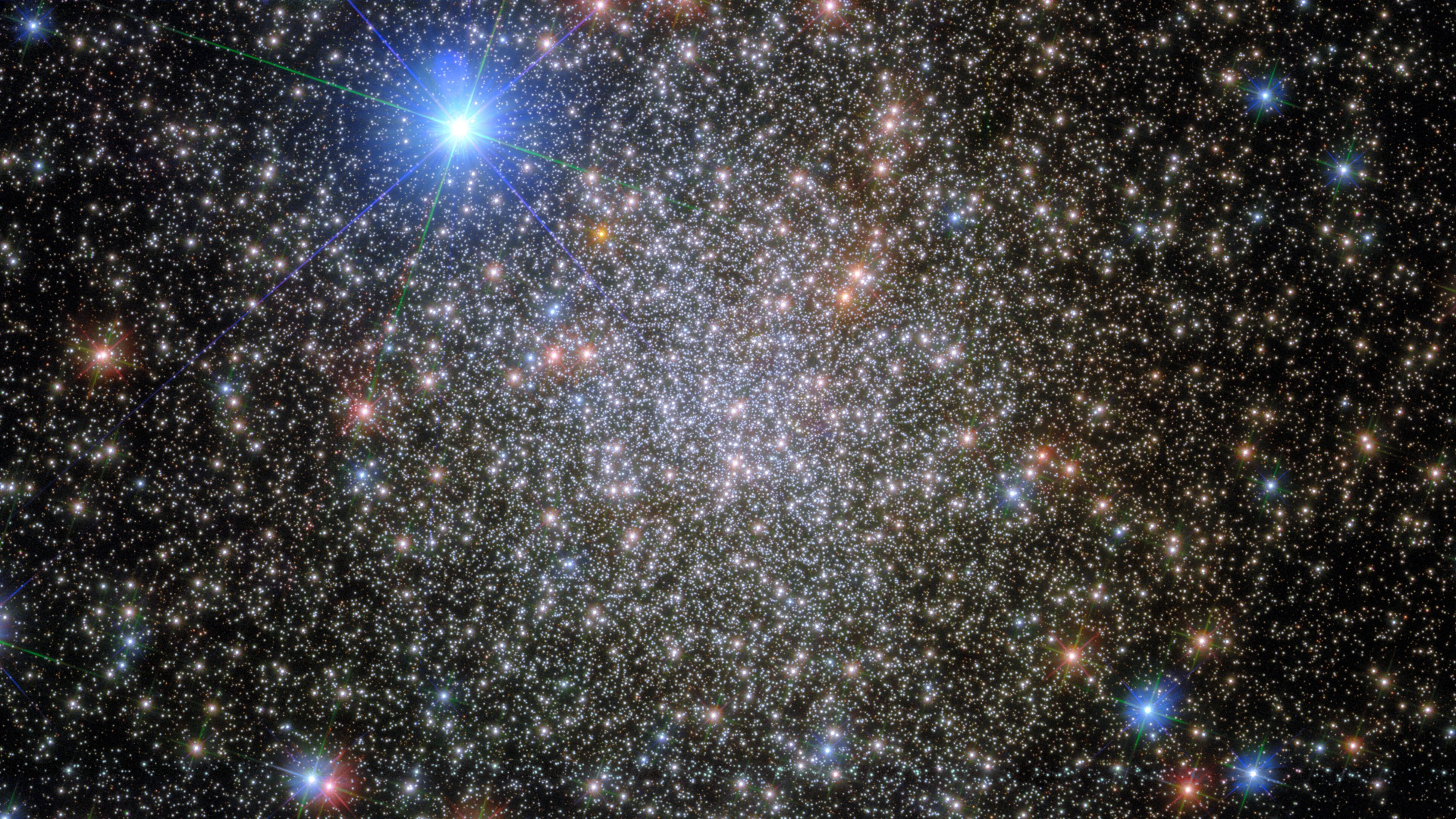
Stars: Facts about stellar formation, history and classification
By Charles Q. Choi, Ailsa Harvey last updated
Reference Learn how stars form, how stars and constellations are named, what happens when stars like our sun evolve, and ultimately, die.
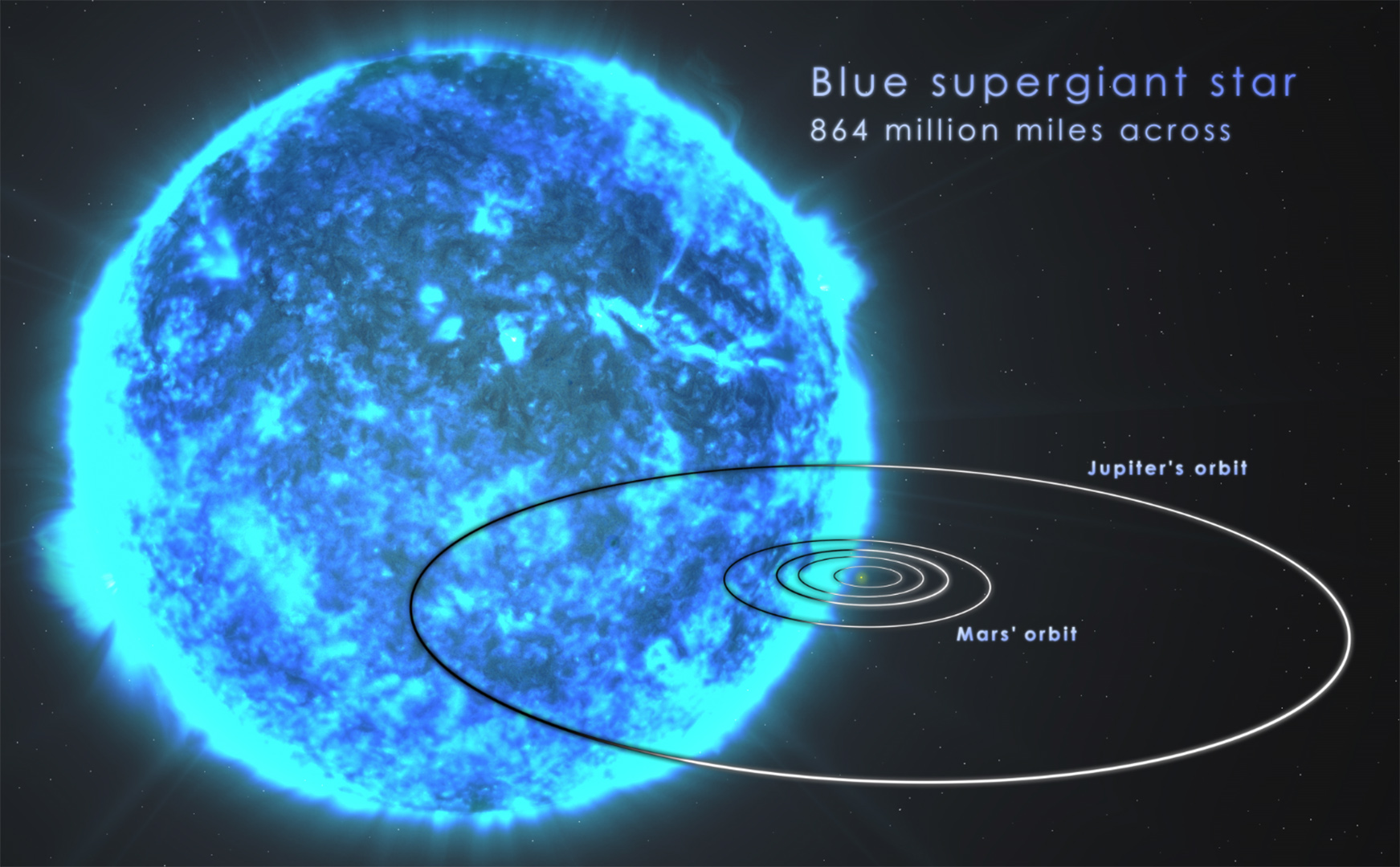
The Violent Deaths of Giant Blue Stars May Spawn Exotic Matter
By Charles Q. Choi last updated
When the biggest stars in the universe die, they may form exotic states of matter generally not seen in the universe since fractions of a second after the Big Bang.
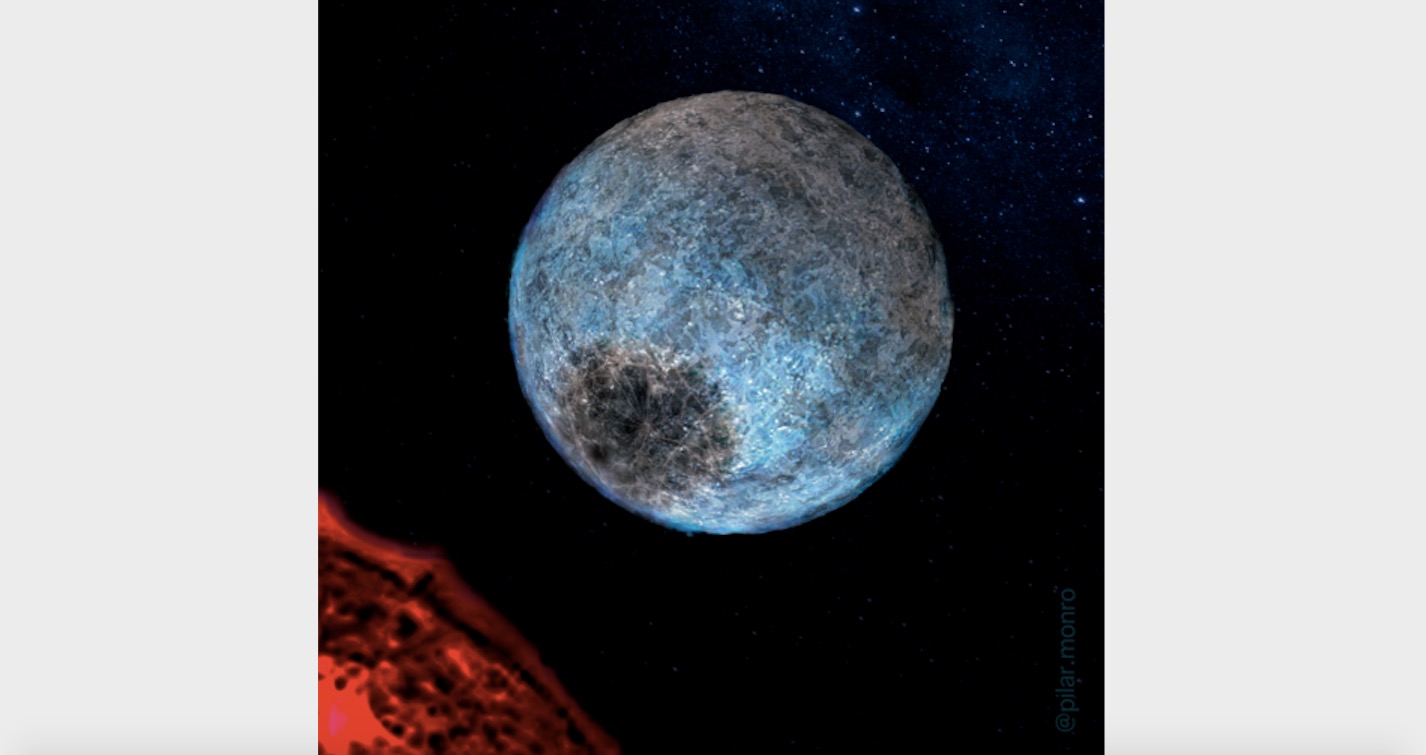
New class of exoplanet! Half-rock, half-water worlds could be abodes for life
By Charles Q. Choi published
The find could boost the search for alien life.

How many meteorites hit Earth every year?
By Charles Q. Choi published
Earth is constantly showered by space rocks, but how many of these actually land on Earth's surface?
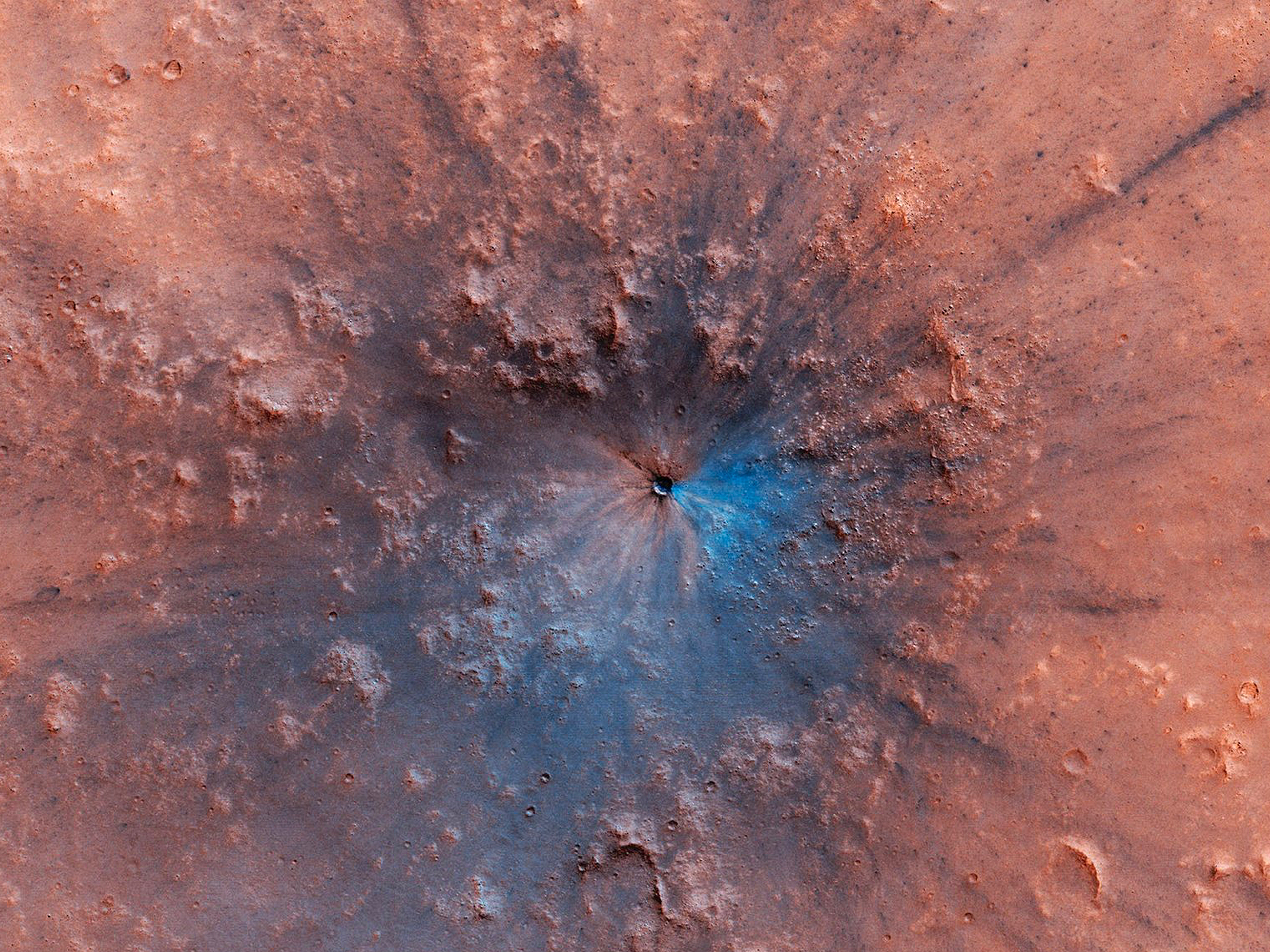
Why pummeled planets may be promising abodes for alien life
By Charles Q. Choi published
Cosmic impacts can make planets and moons more porous than previously thought, potentially boosting their ability to host life, a new study finds.

Want to grow plants on Mars? High school student project finds 2 tricks for Red Planet
By Charles Q. Choi published
The soil and water of Mars are normally too harsh for crops, but research led by a then-high schooler finds that alfalfa plants and photosynthetic bacteria might help make conditions fit for farming.
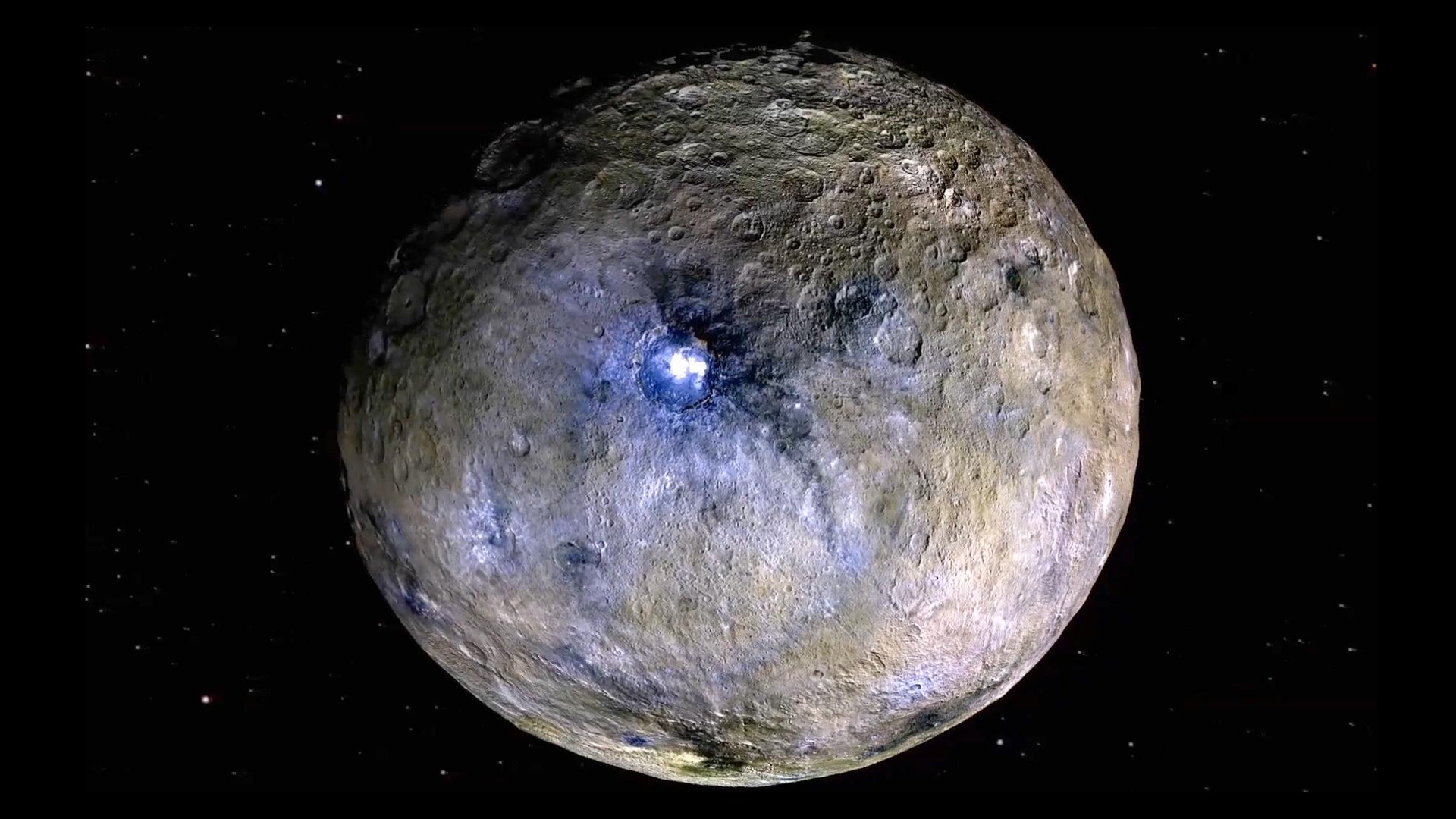
Radioactive heat in Ceres drove dwarf planet's fractured geology
By Charles Q. Choi published
A new model exploring the dwarf planet Ceres suggests radioactivity deep in the small world may have created criss-crossed geology at its surface.

Bizarre meteorite is 1st to show scars from pebble-shooting asteroid
By Charles Q. Choi published
A meteorite on Earth holds new evidence that asteroids do indeed mysteriously spit out pebbles, a new study finds.

Scientists pinpoint Martian origin of 4.5 billion-year-old 'Black Beauty' meteorite
By Charles Q. Choi published
Scientists have found the Martian birthplace of a 4.5 billion-year-old meteorite, potentially shedding light on the origins of Mars and other rocky worlds.
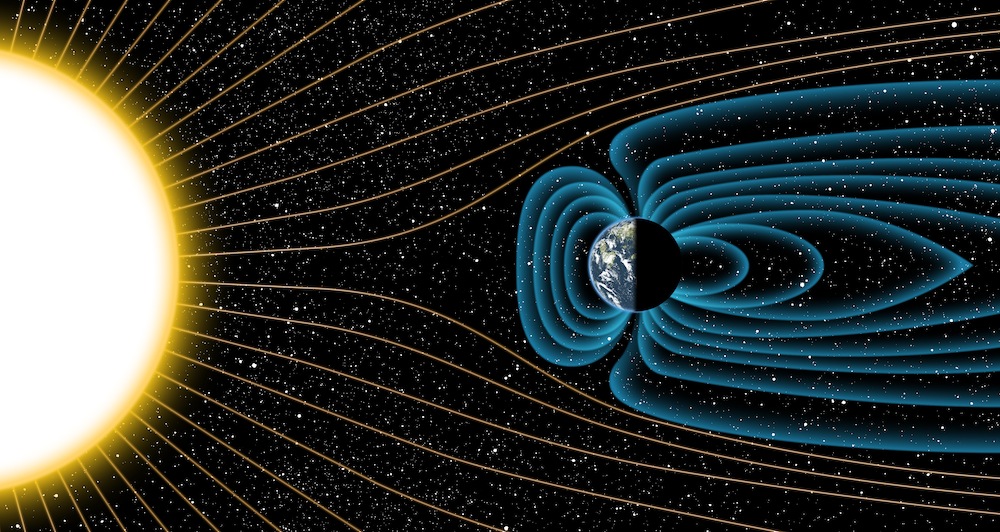
'Magnetic' Discovery May Reveal Why Earth Supports Life and Mars Doesn't
By Charles Q. Choi last updated
Earth's magnetic field, which protects the planet from harmful blasts of solar radiation, is much older than scientists had previously thought, researchers say.
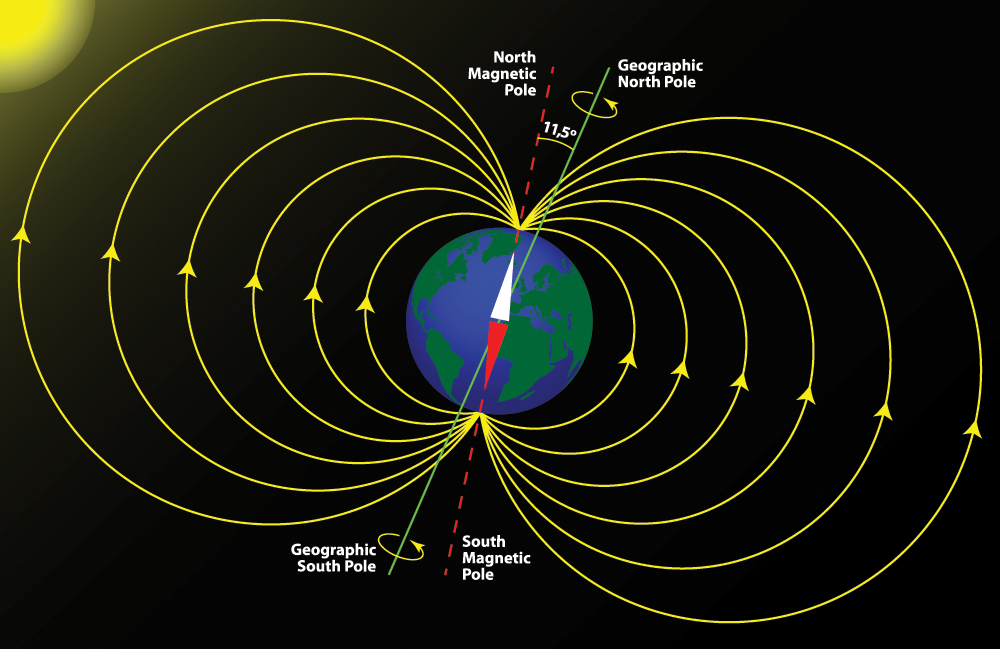
Earth's Magnetic Field Made Quick Flip-Flop
By Charles Q. Choi last updated
Reversal happened in less than a thousand years.
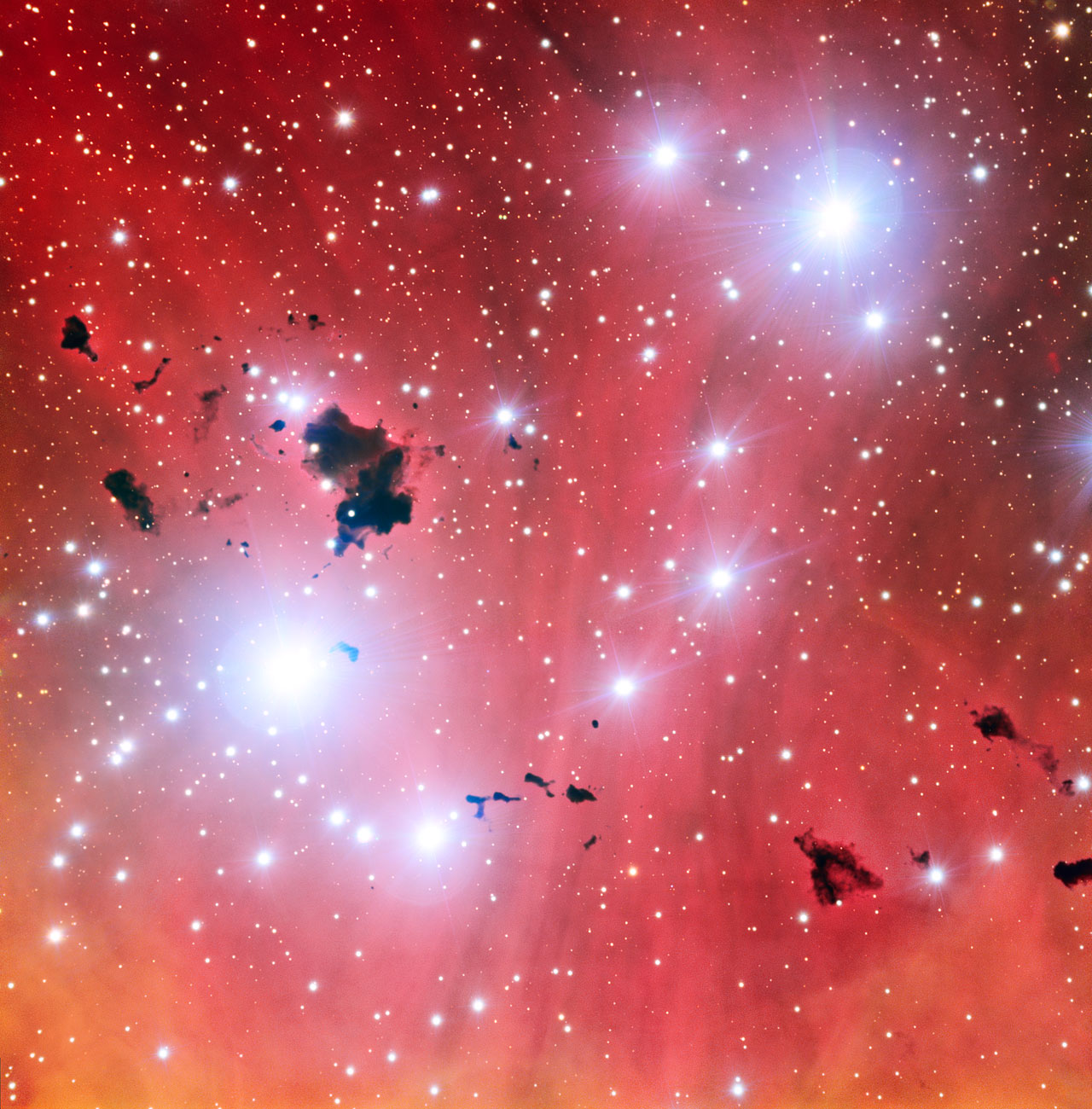
Did Gravity Save the Universe from 'God Particle' Higgs Boson?
By Charles Q. Choi last updated
The Higgs boson, the so-called 'God particle,' could have destroyed the universe shortly after the Big Bang, but the force of gravity saved the cosmos, scientists say.

Alien super-Earths may get a habitability boost from hydrogen-rich atmospheres
By Charles Q. Choi published
Get the Space.com Newsletter
Breaking space news, the latest updates on rocket launches, skywatching events and more!
